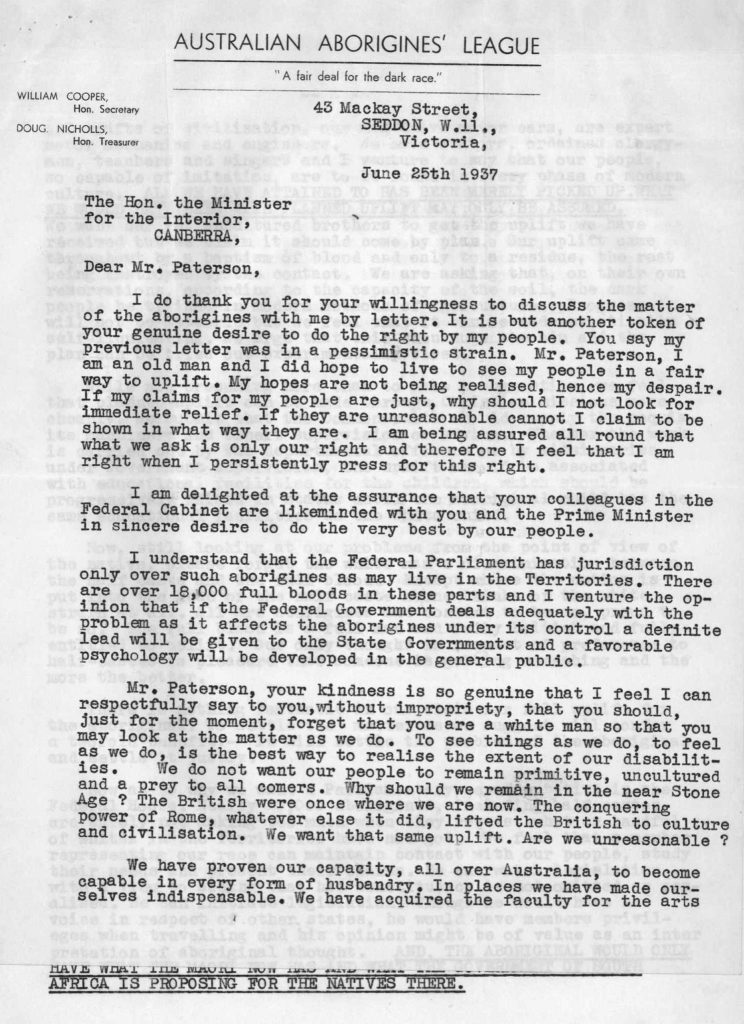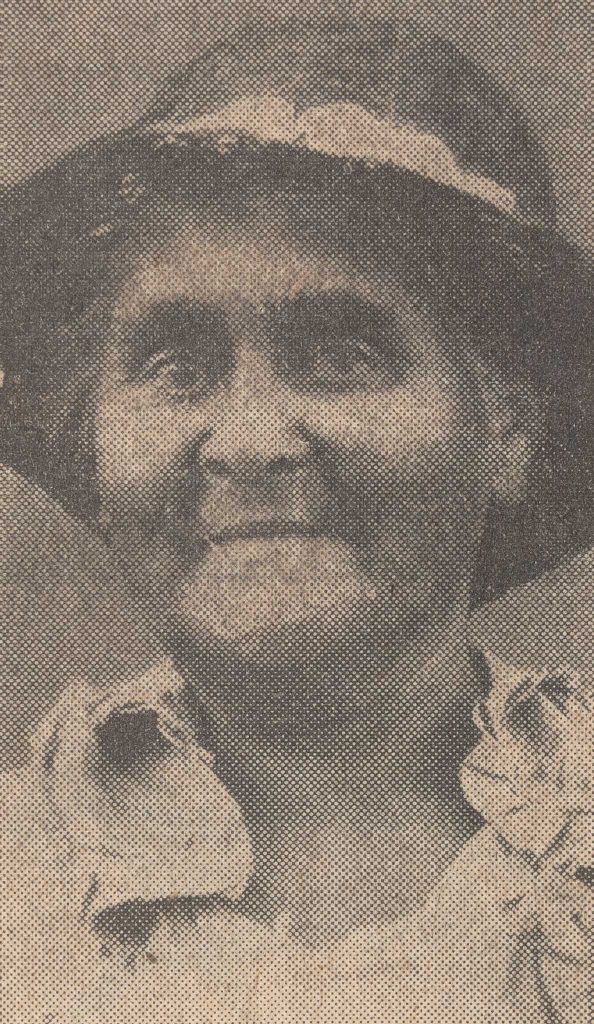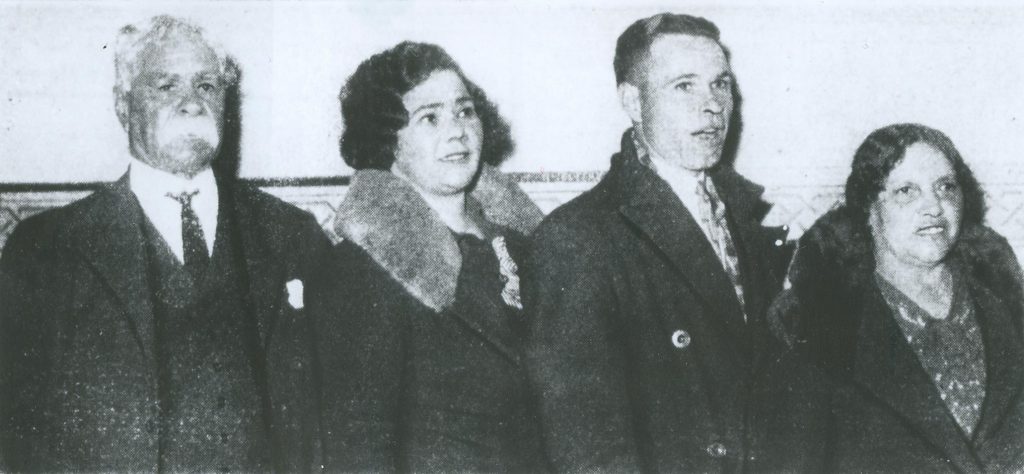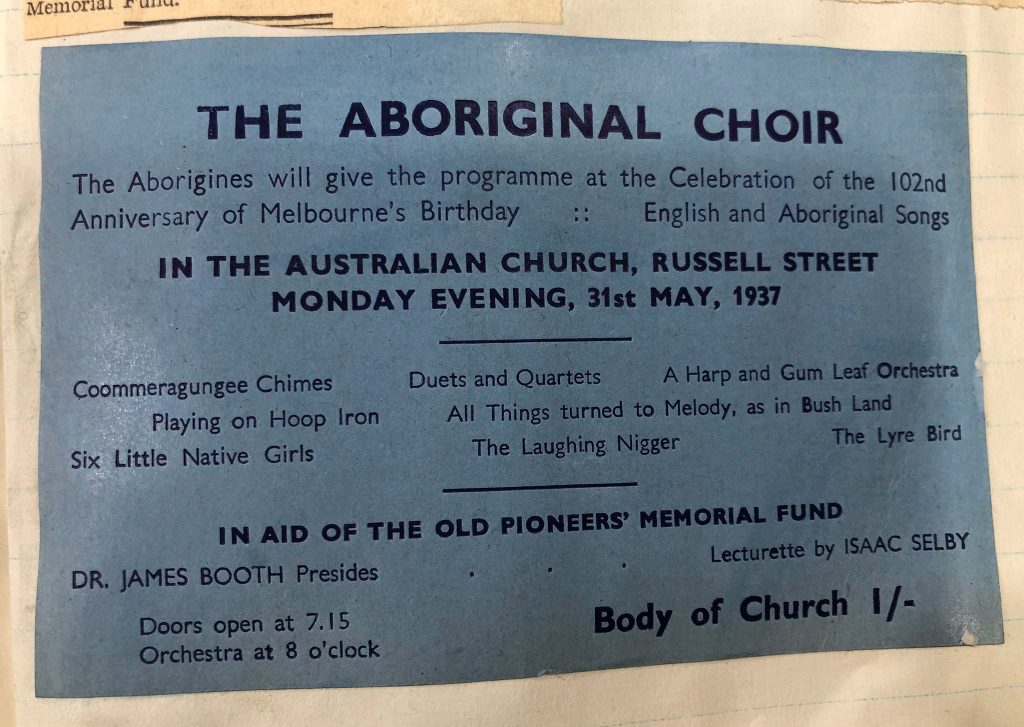Lobbying
(1934–1937)
The labour of letters

Archives of Australia
Most of the Australian Aborigines’ League’s lobbying comprised writing letters to government and the editors of newspapers in an attempt to awaken a sense of responsibility in the white community and win its support. But the League also sought to reach out to other organisations, and at one point after its reformation it tried to unify these pressure groups in order to increase their meagre power.
Arthur Burdeu played a vital role in this regard as he had the requisite skills. There is no historical record of how he and Cooper composed the League’s letters, but it seems that this process often began with Cooper sketching or explaining to Burdeu what he wanted to say, that Burdeu listened and took notes and then prepared a draft by hand, typed it out, and returned it to Cooper to sign.
Public speaking
From time to time the League formed deputations to government but more often its members would address meetings and speak at places such as Speaker’s Corner on the Yarra Bank in Melbourne.
In 1934-35 one of its members, Anna Morgan, won considerable attention after writing a letter to a labour newspaper and addressing a meeting in Melbourne organised by the local International Women’s Day Committee. She also wrote stories, which took the form of Aboriginal legends, several of which she reads on the Melbourne Australian Broadcasting Commission radio station. Using one of her Aboriginal names, Ghingobin, she declared that these stories were ‘handed down, from generation to generation [which] we never let our children forget’.

Performing


The League also sought to convey its message — and win funds for its work — by staging concerts in Melbourne. In these concerts, as well as in some photographs of the League’s members, Aboriginality was more evident than it was in the rest of the League’s campaigning, which mostly comprised of material mediated by whitefellas. The repertoire of the choir that performed on these occasions included songs sung in the Yorta Yorta language, such as ‘Billy go Bangalee’, a fragment of which was recorded at Barmah by Aaron Briggs for the ethnomusicologist Catherine Ellis in January 1963.
